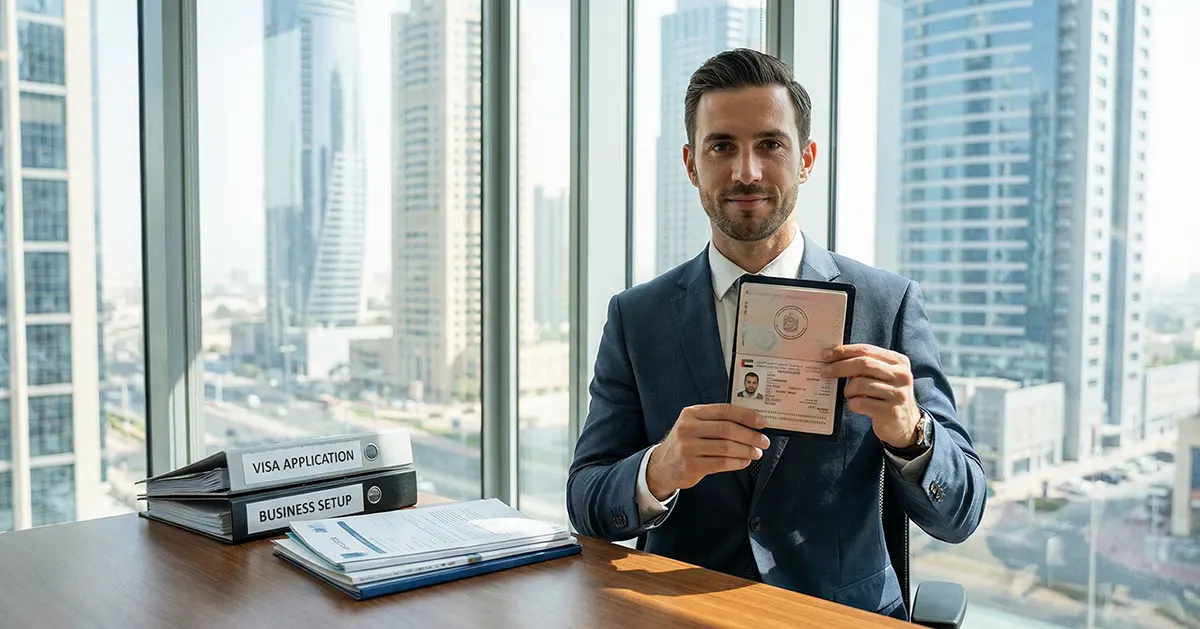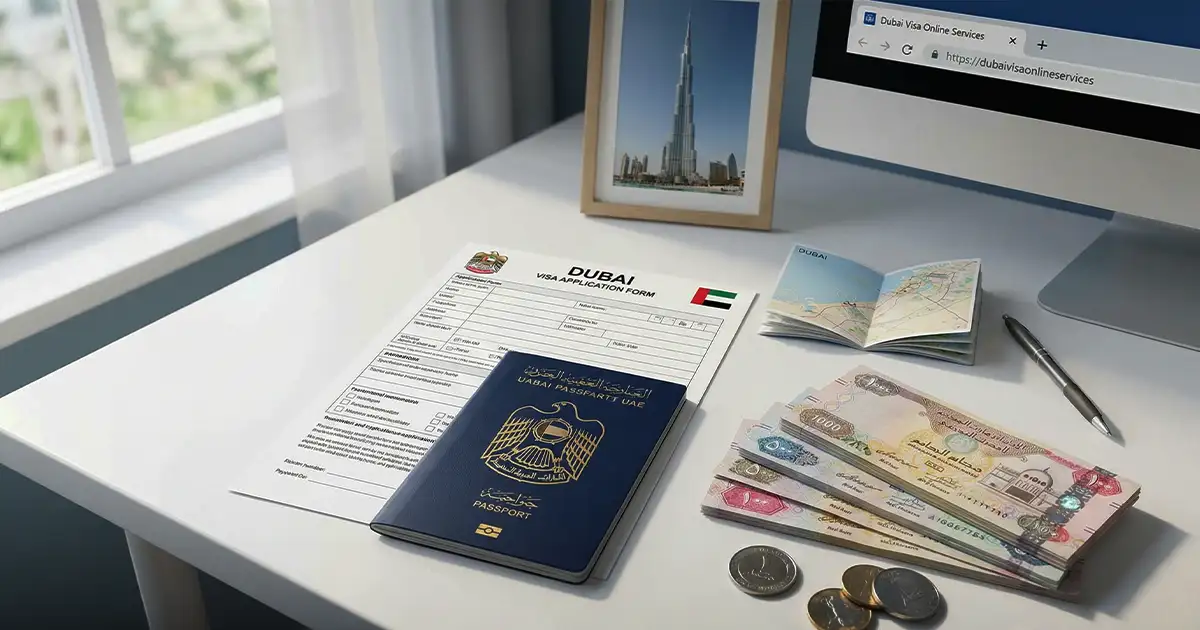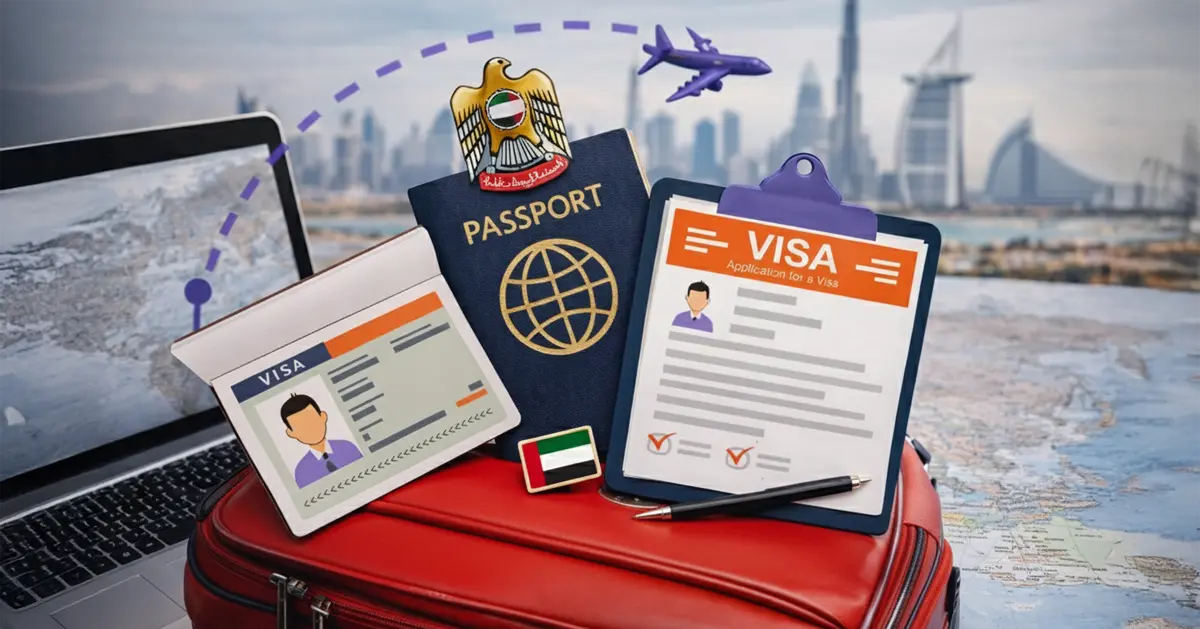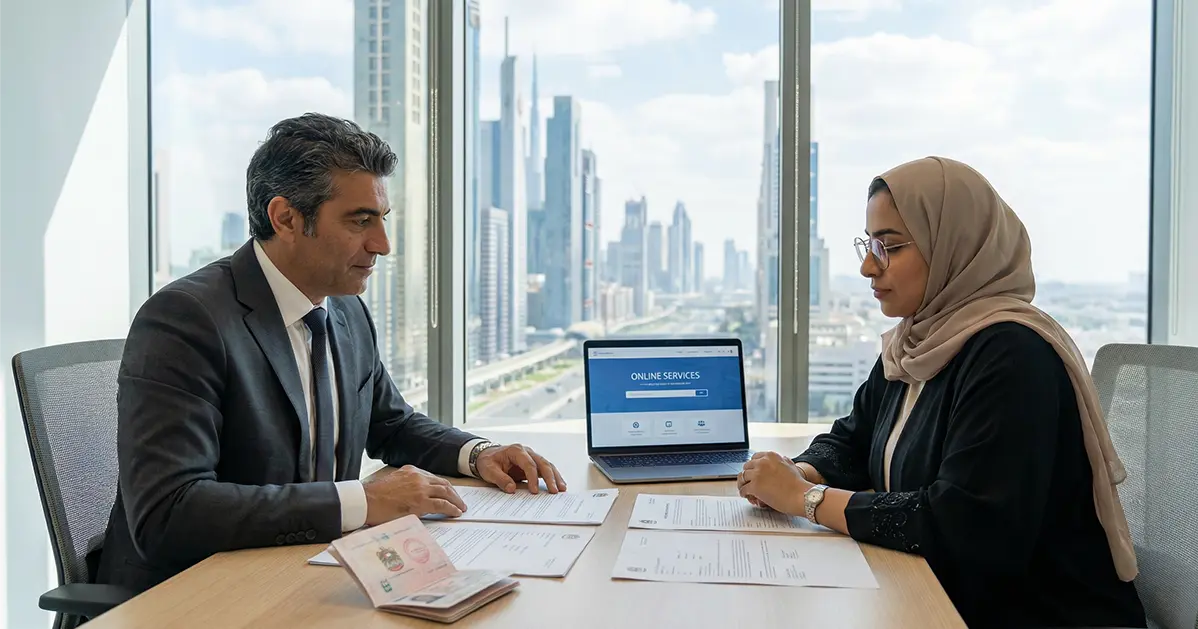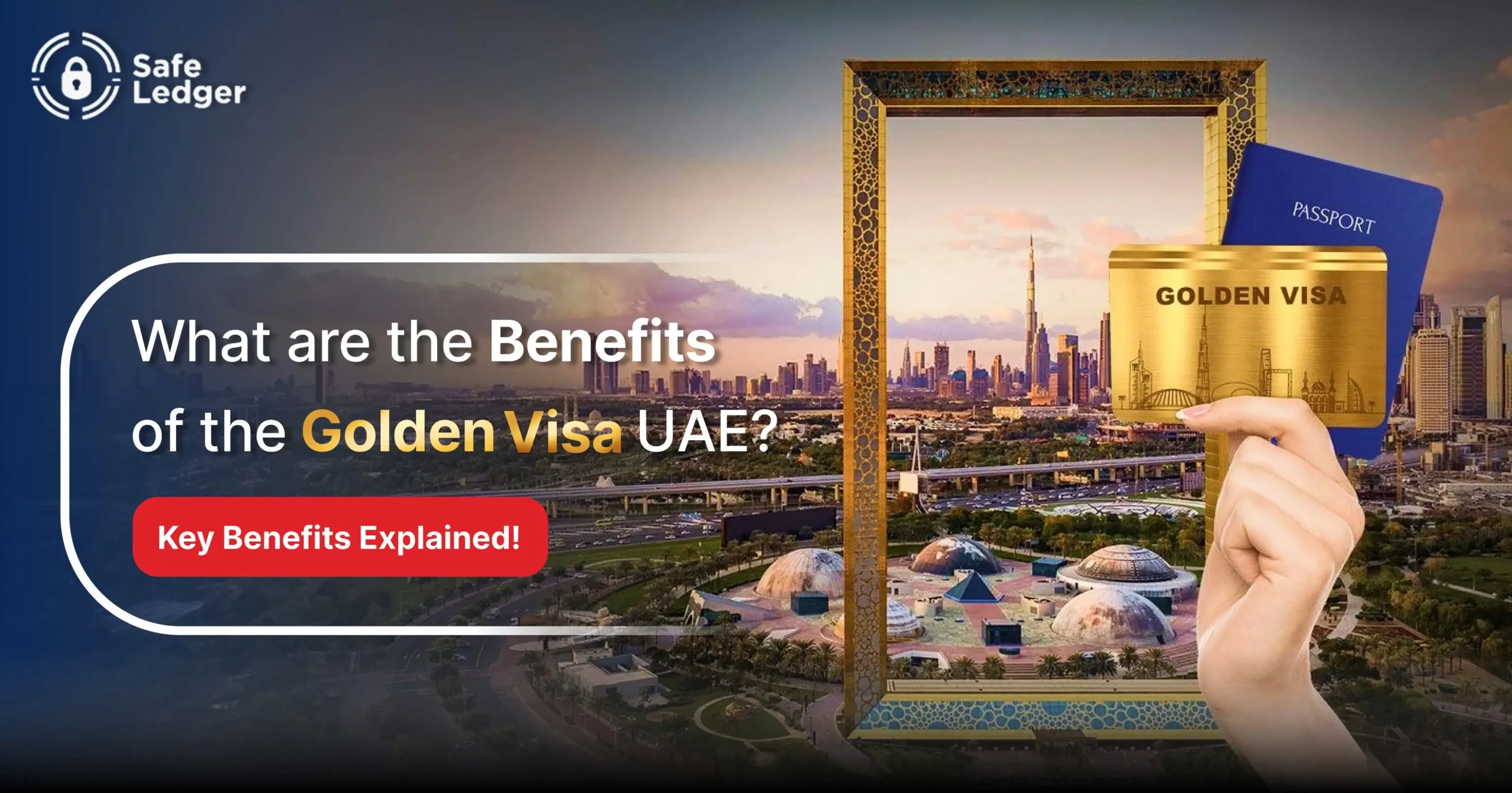Free zones offer several categories of visas to cater to different roles and needs. The Dubai free zone visa process varies slightly for each.
Individuals who have received a formal offer of employment from a company licensed in a free zone.
- Validity and Renewal: Typically valid for 1 to 3 years and is renewable as long as the employment contract is active.
- Key Requirements: An attested educational degree, a valid employment offer, and passing a medical fitness test.
- Change/Cancellation Rules: If the employee resigns or is terminated, the company must initiate the Dubai free zone visa cancellation. The employee then has a grace period to find a new job or leave the country.
Individuals who are owners, partners, or shareholders in a registered free zone company.
- Validity and Renewal: Usually valid for 3 years and is renewable as long as the individual maintains their ownership stake and the company license is active.
- Key Requirements: Proof of company ownership (trade license, share certificate) and a minimum investment amount in some zones.
- Change/Cancellation Rules: The visa is canceled if the investor sells their shares or liquidates the company.
-
Freelance / Self-Employment Visa
Professionals, creatives, and consultants who wish to work for themselves. They must obtain a freelance permit from a free zone that offers this facility (e.g., Business setup in Dubai Media City, Dubai Knowledge Park).
- Validity and Renewal: Typically valid for 1 to 3 years and renewable upon renewal of the freelance permit.
- Key Requirements: A freelance permit, proof of expertise (portfolio, qualifications), and a business plan, in some cases.
- Change/Cancellation Rules: The visa is tied to the freelance permit. If the permit is not renewed, the visa must be canceled.
Individuals visiting the UAE for short-term business purposes, like meetings or conferences hosted by a free zone company.
- Validity and Renewal: This is an entry permit, not a residence visa. It is typically valid for 14 to 90 days and is not renewable.
- Key Requirements: Sponsorship from a licensed free zone entity.
Students enrolled in an academic institution located within a free zone (e.g., Dubai Knowledge Park, Dubai International Academic City).
- Validity and Renewal: Valid for 1 year and is renewed annually based on continued enrollment.
- Key Requirements: An acceptance letter from the university and proof of tuition fee payment.
The immediate family members (spouse and children) of a primary free zone visa holder. In some cases, parents can also be sponsored.
- Validity and Renewal: The visa’s validity is linked to that of the sponsor. It is renewed at the same time as the sponsor’s visa.
- Key Requirements: The sponsor must meet a minimum salary requirement, and attested marriage and birth certificates are needed.
